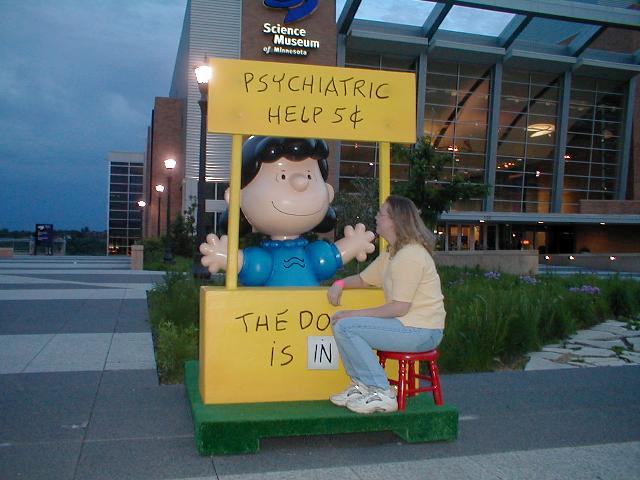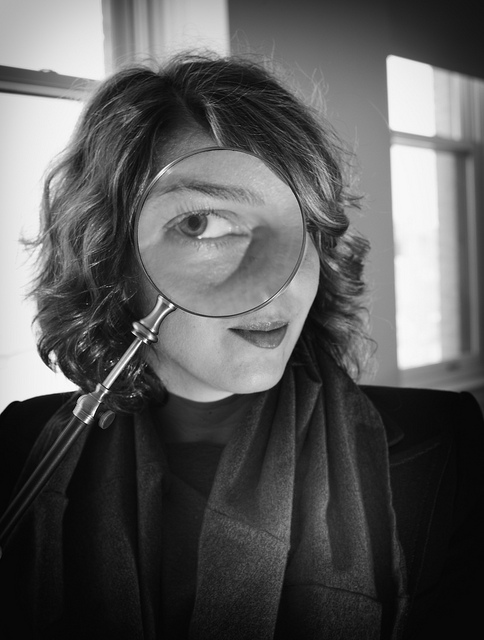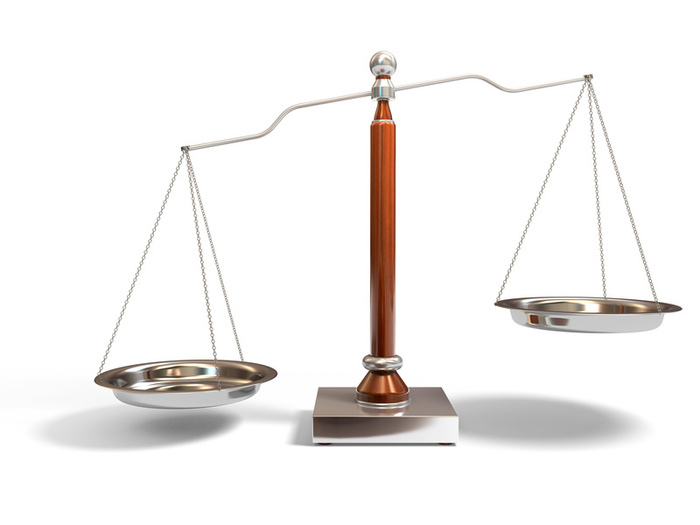After 4 years of hard work, sweat, tears, time-out, falling on my ass and getting up again, I worked my way through to being awarded my first Diploma in Counselling (Individual (Psychodynamic) / Accredited by the British Association for Counselling & Psychotherapy) in July of 2003. Obtaining a qualification in therapy is essential for any practitioner – not least because it’s a major factor in protecting the public from dangers such as the counsellor’s incompetence. [button style=’float:right’ link=”2599″ color=”orange”] Learn Dean’s approach to Couple Counselling…[/button]
But what the public generally do not know is:-
- A majority of ‘counselling’ qualifications focus upon individual clinical work (i.e. one adult client and one counsellor).
- Such qualifications do not cover working with couples: couple counselling is a significantly-different approach for the counsellor.
- British Law (as of 2014) has no requirements for anyone to have any qualifications in counselling in order to set ones-self up in a counselling business.
Basically: ‘Aunty Joan’s Tea and Sympathy Service’ could be lovely counselling service (Aunty Joan may be a very good listener, you see, and she may have lots of things to tell you based on her life’s experience). But, with her having no formal training, no recognised qualifications, no supervision, no indemnity insurance, no membership of a recognised national professional body… Aunty Joan is offering a significantly dangerous service.
Practising Beyond a Counsellor’s Original Qualification.
Matters begin to border on the unethical when a counsellor who has an initial qualification in one particular model of therapy, begins to branch out into areas of therapy that is not covered by their original qualification. Again, in British law, there is no legal requirement for that counsellor to seek additional qualifications (although the ethics for the majority of qualified counsellors would compel them to seek appropriate training) – but still a small proportion of therapists continue to practice with no formal qualifications. In 2008 I decided I would like to practice counselling with couples – something my original qualifications did not cover – so it was necessary for me to obtain further training.
Individual-Therapy Qualified Counsellors… Practising with Couples.
After qualifying with my post-graduate diploma in Couple Counselling (Psychodynamic/Systemic) 2009, I attended a workshop for couple counsellors. In addition to the majority of attendees who had qualifications in couple counselling, were a handful of counsellors who had no such qualifications. Whilst they had full qualifications as individual counsellors, they had begun working with couples and were struggling with some of major difficulties. Again, legally, there’s nothing to stop these counsellors from working couples, and I would hope that each therapist might have been appropriately supervised by someone who was supporting their couple work, but… ethically… because these counsellors:
- didn’t have an understanding of the basic concepts of couple counselling,
- didn’t have theoretical frameworks for couples,
- didn’t have appropriate counselling model for couples,
…they were getting stuck with their couples. Applying individual-counselling techniques were not helpful. There were better approaches for couples: concepts found in training for couple counselling. So, in my marketing I regularly make reference to
Not All Couple Counsellors are Qualified…
…because from the experience above, there’s practically nothing to stop people from practising counselling in ways not covered by their qualifications (should they have any to begin with).
Check your Counsellor’s Qualifications.
For anyone seeking counselling, I would recommend that you check out the following:-
- Does the person’s website, business card, or literature, clearly state what qualifications they have (eg letters after their name, or a statement of their qualifications)?
- If not, when you meet the counsellor: ask what qualifies him/her/them to be practising. They should not be offended, and should not skirt around your question; if they do then maybe this isn’t the counsellor you want to be working with.
- You might make a note of the training /awarding body or the professional body (eg ‘Chichester Counselling Services’ or ‘The British Association for Counselling and Psychotherapy’) and make contact them them asking if the body recognises the counsellor and/or they are properly registered.




